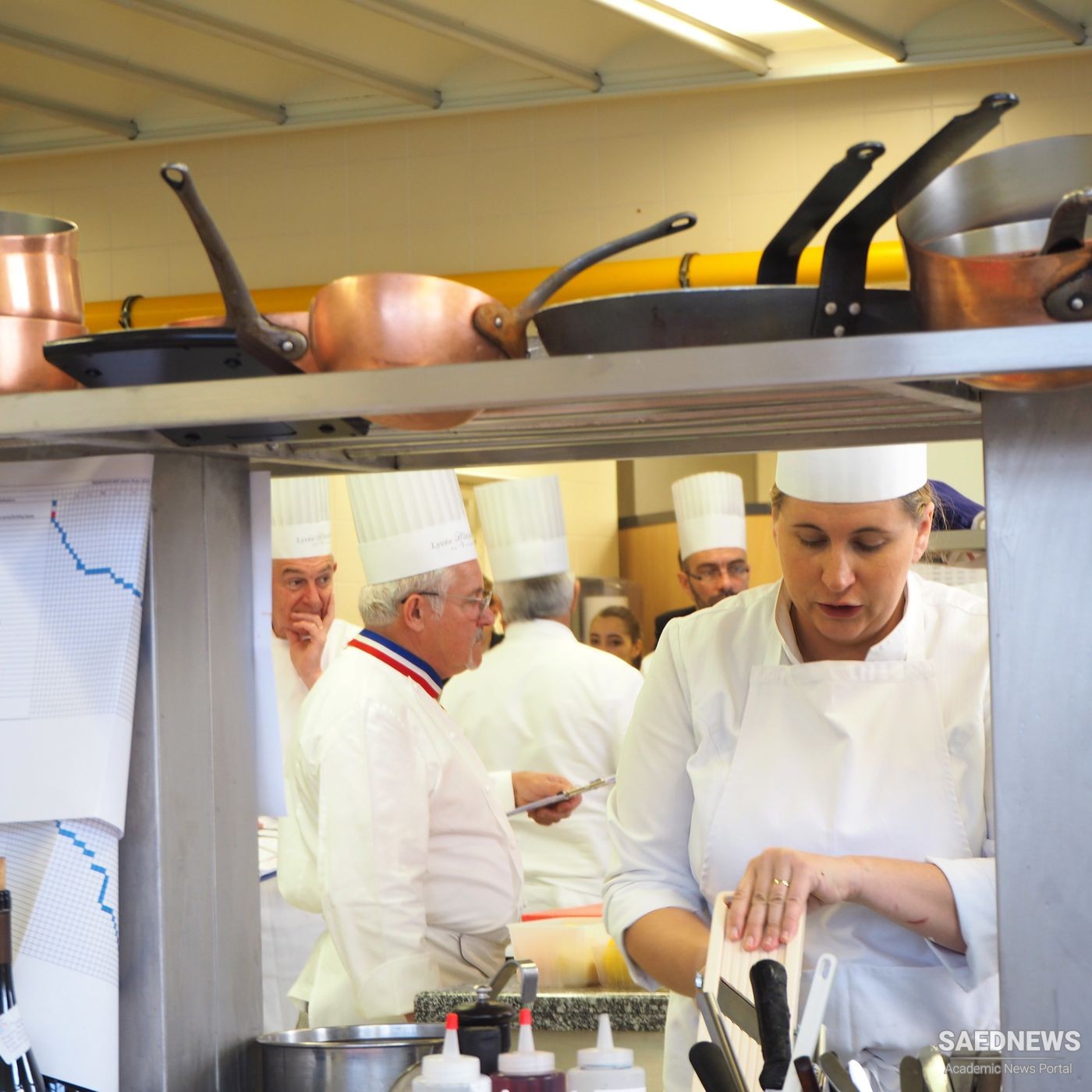France had every reason to be grateful. At least from the mid-seventeenth century, French chefs had journeyed to foreign courts as culinary missionaries. In the expanding economy of the nineteenth century, as Briffault and many others incessantly rhapsodized, the production and consumption of food kept the commerce spinning and the culture lively. All of the many regimes that followed the storming of the Bastille—three republics, three monarchies, and two empires from 1789 to 1870—relied on culinary practices to further their own ends. All of them operated from the urban center of Paris and its definition of country. In this domain as in so many others, it was the bourgeoisie that legislated in the name of France, and it legislated from Paris. Hence the culinary pantheon could stand nowhere else. Like any other cuisine with claims to a national audience, French cuisine negotiates the shifting space between the center and its peripheries, between the capital and the provinces, between the ties to geographical place and those, no less real, to an inclusive cultural space. As the culinary pantheon makes abundantly clear, French cuisine conveyed, promoted, and inspired Frenchness—no small contribution in a country where regional divisions ran deep enough to compromise a fledgling national unity more than once over the century.

















































